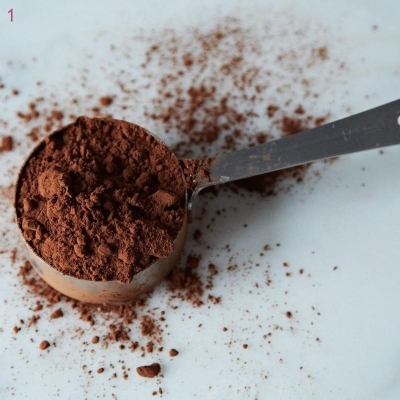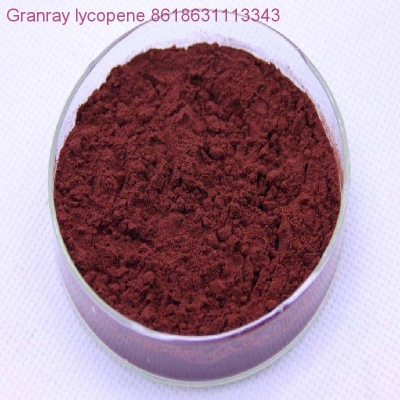-
Categories
-
Pharmaceutical Intermediates
-
Active Pharmaceutical Ingredients
-
Food Additives
- Industrial Coatings
- Agrochemicals
- Dyes and Pigments
- Surfactant
- Flavors and Fragrances
- Chemical Reagents
- Catalyst and Auxiliary
- Natural Products
- Inorganic Chemistry
-
Organic Chemistry
-
Biochemical Engineering
- Analytical Chemistry
-
Cosmetic Ingredient
- Water Treatment Chemical
-
Pharmaceutical Intermediates
Promotion
ECHEMI Mall
Wholesale
Weekly Price
Exhibition
News
-
Trade Service
Photo courtesy of Vision China
The heat is unbearable, many people have poor appetite, and cold drinks and food are highly sought after
Frozen sweets can't hydrate and prevent heatstroke
Frozen sweets like ice cream, ice cream, and smoothies won't help you fight the heat
To prevent heatstroke, you need to increase the supply of potassium, sodium and B vitamins, as well as antioxidants
Frozen sweets are tempting because they have a lot of added sugar, which produces a pleasant sweetness, but added sugar is not a heatstroke ingredient
The World Health Organization and China's dietary guidelines recommend that the amount of added sugar be controlled within 50 grams per day, preferably within 25 grams, and summer is no exception
Cold drinks don't help cool down
Some people may say: After all, the temperature of frozen food is low.
Because they take away too little heat
Eating cold food will not help you lose weight
Some people also ask: Drinking iced drinks can't cool down the body, so can it consume body calories and help lose weight? The answer is still no
Please note that food energy is calculated in kcal, 1 gram of fat = 9 kcal of energy, 1 gram of sugar = 4 kcal of energy
According to China's nutrient supply standards, the daily calorie intake of light-weight adults is 1800 kcal for women and 2250 kcal for men
Cold drinks and cold foods lead to health risks
In fact, there are certain health risks associated with drinking a lot of cold drinks and eating cold food quickly
According to reports, a 19-year-old boy drank a lot of ice water after sweating while playing football, which resulted in myocardial infarction; an adult male induced myocardial infarction after eating iced food
Exercising in summer will increase the burden on the cardiovascular system.
In short, under the heat of the summer, eating cold food will not relieve the heat, and eating warm food is safer
(The author is Fan Zhihong, director of the Chinese Nutrition Society, registered dietitian, and associate professor of the Department of Nutrition and Health of China Agricultural University)







